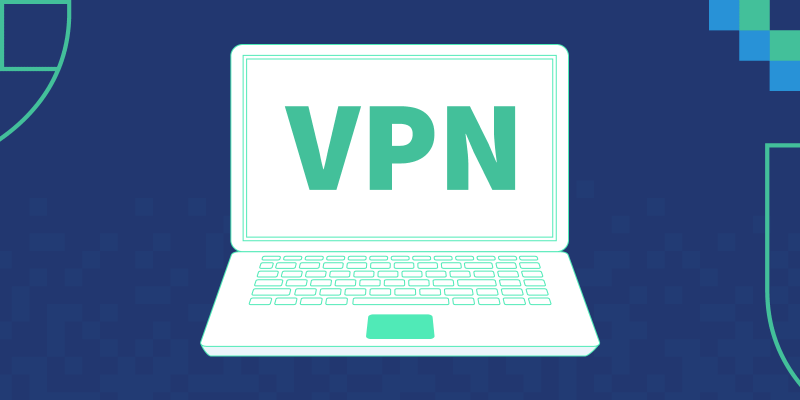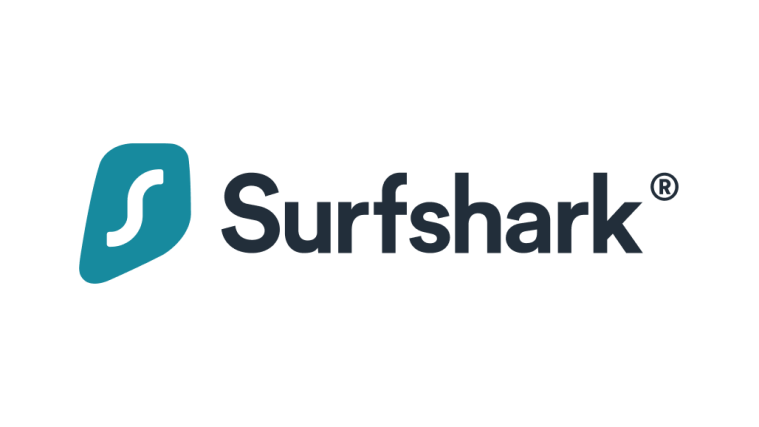A VPN, or Virtual Private Network if we’re being technical, is an increasingly popular term heard online in recent years, but what is it, and what is the point in a VPN?

Well, first. A VPN works by creating a private network between your device, and the VPN provider’s server, which then encrypts your data using algorithms, and overall keeps all your information protected.
The point of it? Gaining security whilst online browsing of course! It does however go beyond the simplicity of just that, purely for the different ways a VPN can benefit you, and your security.
The ways in which VPNs help users include the following:
VPNs protecting your data when using Wi-Fi networks
Ever been in a coffee shop, connected to the public Wi-Fi there to check your emails?
Well, without a VPN, you’re left in a vulnerable state when online, as these networks can easily access your information; but, with a VPN your information is encrypted, thus not able to be accessed.
Unblocking Content with VPNs
How many times have you been on Netflix and found out one of your favourite shows isn’t on the platform in your country anymore?
This seems to be happening more and more on streaming services, however, by using a VPN, you can change your location server to most other countries and access content not available in your actual location. Fun!
VPN Encryption Protection
Back to the security aspect of VPNs, encryption is one of the most important areas of online security, as it takes away the chance for hackers or cyber-criminals to steal your data, and isn’t that what you need when online?
Our email service uses the same encryption technique to make sure no one has access to your information at any stage of signing up to or using JoMo Mail. Encryption is key!
There is also a vast amount of VPNs to choose from, some of which aren’t too great, and may use adverts and, wildly, your data to fund the company; free VPNs are the most common type to use this technique, so watch out.
So, which VPNs should you use? We’ve handpicked a few we like, with different key goals in mind in each option.
Surfshark VPN – Security Focused

First up we have Surfshark, who pride themselves on their user privacy, and state in their security reports how in-depth their security goes.
They’re a newcomer on the scene compared to other popular VPNs, but their goal and track record is some of the best out there.
TunnelBear VPN – Free (and cute graphics…)

As stated, you’ve got to be extra careful with free VPNs, and TunnelBear is one of the best free services out there.
With their free account option giving 500MB of secure browsing data, and the company being recommended by Forbes and Techrader, TunnelBear is a great VPN.
They also own RememBear, an autofiller which uses encryption to save your passwords with safety, which is worth a look at too.
ExpressVPN – All-Rounder

If you’ve heard of VPNs, you definitely would have heard of ExpressVPN.
There is clear reasons for this, ExpressVPN is a highly regarded service. We appreciate their user-friendly interface, transparency reports and detail on their encryption process.
If you’re looking for a VPN that is well established in what they do, ExpressVPN will suit you.
And there we have it! Make sure to keep up-to-date on our blog for more cybersecurity tips, and updates on our private email service.
Stay safe online folks, and let us know what cybersecurity areas you’d like to learn about next.
0 Comments